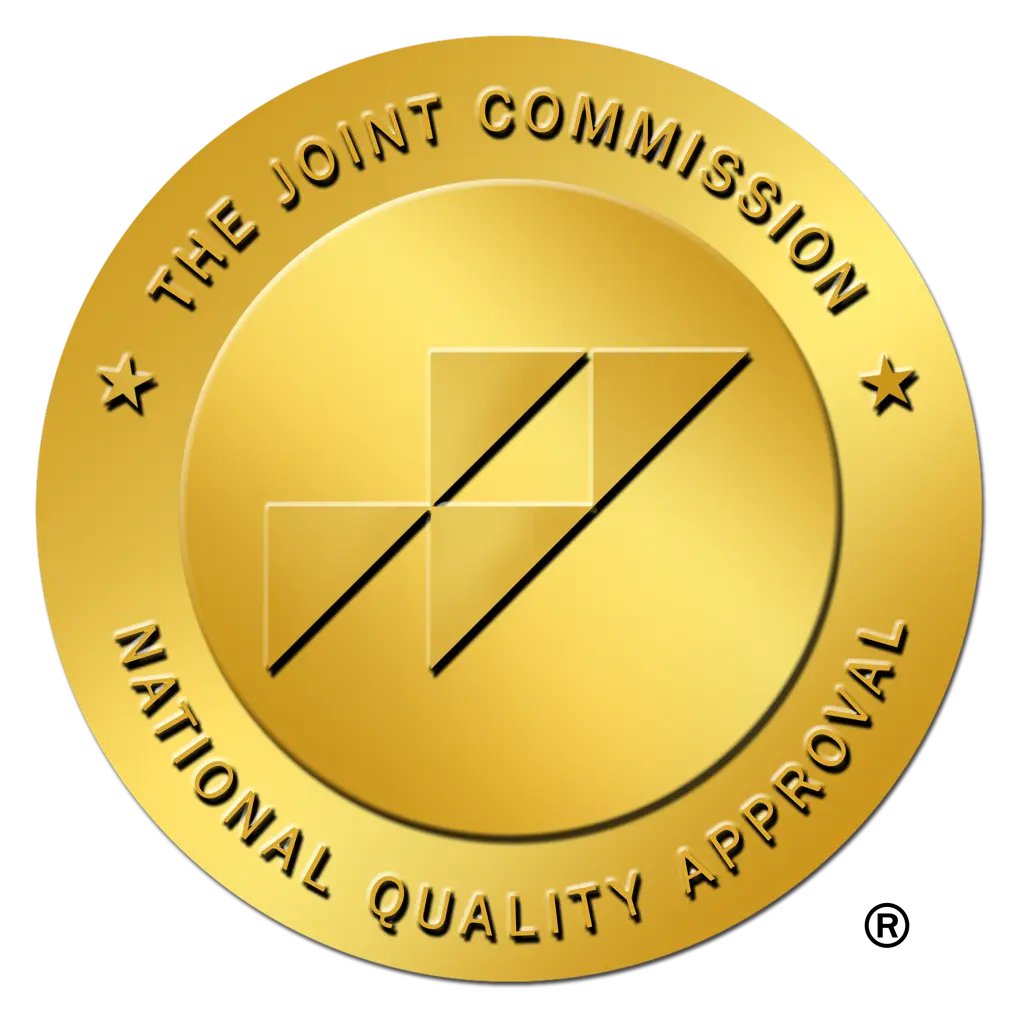Clear and open communication allows you to collaborate successfully with your care team during treatment. Miscommunication or assumptions can interfere with your recovery and might cause tension. Self-expression and the ability to communicate effectively can enhance the outcome of your treatment. According to Mentalhealth.gov, “If you have, or believe you may have, [a] mental health problem, it can be helpful to talk about these issues with others.” Alter San Diego Crisis Intervention provides crisis stabilization that will help you develop essential communication skills during treatment.
Communication Is Essential During Mental Health Recovery
Your ability to communicate with your care team will impact how well you implement the tools they provide. During mental health recovery, you need to convey the following to your care team:
- Personal treatment goals and motivations
- Your current state of mind
- Emotional reactions to various treatments and life events
- Your personal preferences regarding treatment and aftercare
The care team will discuss various treatment options with you. Our team provides professional interventions and treatment designed to help clients overcome obstacles and heal. You get to decide how we treat your condition. Although our team offers expert suggestions and insights, the decision is ultimately up to you.
The Importance of Clear Communication in Treatment
Communicating clearly ensures that your care team stays on the same page and understands how best to treat your condition. Alter San Diego Crisis Intervention uses plain language to discuss mental health and treatment. We do our part to ensure that clients make informed decisions about their health, and we respect their choices and preference. According to the National Institutes of Health (NIH), “Using plain language avoids creating barriers that set us apart from the people with whom we are communicating.” You can communicate your needs with loved ones and your care team by being honest and open.
Clear communication ensures the following during treatment:
- The care team can more easily track recovery progress
- Family better understands the positive effects of treatment
- The care team can adjust the treatment plan as needed
- You feel more comfortable opening up during therapy
The more you communicate with your care team and support system, the better they can help you heal and grow. Recovery from a mental health crisis is often a group effort that involves loved ones, peers, and mental health professionals. They cannot give you the necessary support and resources if you don’t let them know what you need or how you feel.
Communicating Your Needs Effectively
As humans, we have multiple methods of telling others what we need. Some are more effective than others. A few examples of effective communication include:
- Actively listening and physically engaging with the other person during the discussion by facing them and making eye contact
- Discussing your feelings, hopes, and desires objectively instead of emotionally to reduce miscommunication
- Staying focused on the subject you want to talk about and avoiding unrelated tangents that might distract you both from the conversation
- Briefly summarizing your point at the end of the conversation to clarify your position
Some of the mistakes people make when trying to ask for help from loved ones or others include:
- Being too afraid or embarrassed to state the problem clearly
- Losing focus and moving the conversation to unrelated topics
- Avoiding emotional discomfort by downplaying or denying the problem
- Not listening to the other person
- Rambling vaguely instead of clearly and concisely discussing the issue
Mental health treatment allows you to improve your social and communication skills during therapy and peer interactions. You can learn to discuss your thoughts, feelings, and beliefs with others in a healthy way.
Actively Listening During Treatment
You will learn essential skills more quickly during treatment if you actively participate in the process. The experts at Alter San Diego Crisis Intervention have decades of experience helping clients heal from mental health issues. Your care team will collaborate with you to determine how best to approach your treatment. Being able to communicate the things that make you feel most comfortable will help guide them during the creation of your treatment plan.
Actively listening to the care team does the following:
- Ensures you understand the expectations of the treatment plan and facility
- Provides you with insight into your condition and how it may affect your life
- Offers you an opportunity to ask questions and get clarification about various aspects of treatment and recovery
If you have difficulty communicating due to physical or cognitive disabilities, Alter San Diego Crisis Intervention can provide accommodations. We believe everyone deserves access to high-quality treatment and ongoing support throughout the recovery process. Treatment can also involve learning social and communication skills that will enhance your ability to benefit from therapy and the other support services we provide.
Mental health issues can impact many aspects of your life. Getting treatment early will reduce the severity of symptoms. However, before starting treatment, you must communicate your feelings and experiences with a clinician who can diagnose your condition. Effective communication is essential because it allows you to give your care team accurate information about how your mental health has affected your ability to function. In addition, it speeds up the treatment process. However, most people struggle to talk about issues related to their mental health. Alter San Diego Crisis Intervention can help by connecting you with dedicated professionals who can give you the tools you need to communicate effectively. Call us today at (866) 986-1481.

